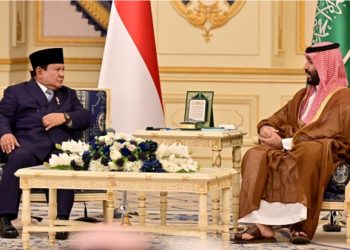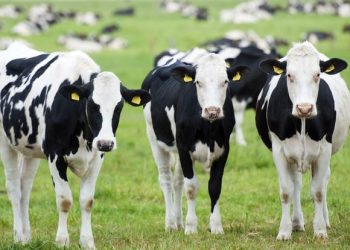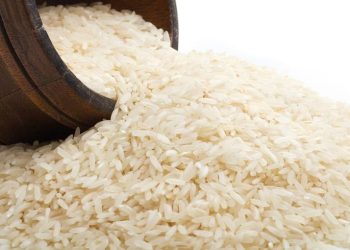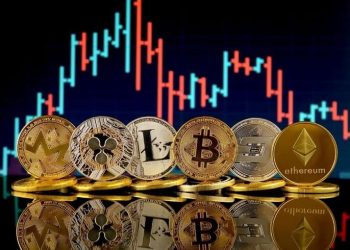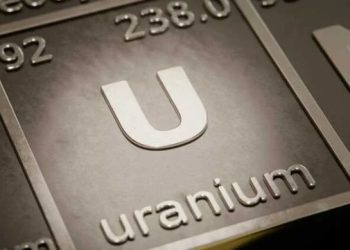Jakarta, IndonesiaSentinel.com — Rachmat Kaimuddin, Deputy for Transportation and Infrastructure at the Coordinating Ministry for Maritime Affairs and Investment (Kemenko Marves), highlighted the urgent need for optimizing the provision of subsidized low-sulfur fuel to address air pollution and ensure that subsidies reach the groups that truly need them.
“The government plans to provide low-sulfur fuel without raising prices, so that the public can access cleaner and higher-quality fuel,” Rachmat explained at a press briefing in Jakarta on Thursday evening, September 12, 2024.
He further detailed that, to implement this initiative without burdening the public or state finances, the government intends to make the distribution of low-sulfur fuel subsidies more targeted, specifically benefiting lower-income groups.
“Upper-class groups will no longer be eligible for subsidized fuel,” Rachmat added.
Addressing concerns about the potential economic impact on the middle class, Rachmat assured, “The government is aware of the economic pressures facing the middle class.”
While the specifics of the policy are still under development, Rachmat mentioned that, based on current reports, vehicles with engines larger than 1,400 cc may not qualify for subsidized fuel, “If this rule is implemented, the change would affect less than 7% of the vehicle population.”.
He also emphasized why this shift is necessary, noting that, over the last five years, Indonesia has spent an average of IDR 119 trillion annually on fuel subsidies. “This means taxpayer money has not been optimally allocated, as subsidies often go to those who don’t truly need them.”
Given this, increasing the fuel subsidy budget is no longer feasible. Instead, the government is focusing on ensuring that low-sulfur fuel is distributed to the appropriate groups, aligning with efforts to reduce air pollution.
Indonesia Requires IDR 70 Trillion to Prevent Fuel-LPG Crises
To further combat pollution, Rachmat noted that Indonesia is already equipped with refineries capable of producing low-sulfur diesel, particularly in the Jakarta region. As such, the distribution of low-sulfur fuel will begin in Jakarta and gradually expand to cover the entire nation by 2028.
(Ray)








